If you’re constantly getting signed out of your Google account and other sites when you close and reopen Chrome, it can be a real pain. You have to keep entering your passwords over and over again. Luckily, there’s an easy fix for this annoying problem. The main culprit is likely a Chrome setting that clears site data every time you quit the browser. By changing this setting to keep data saved, Chrome will remember you and keep you logged in when you reopen it.
How to stop Chrome from signing you out of your account when closed
If sync turns off every time you close Chrome, you can change your settings to make sure you stay logged in. Here’s how:
- Open Chrome on your computer.
- Click the three dots in the top-right corner to open the menu, then choose “Settings.”
- Scroll down and click “Privacy and security,” then “Site Settings.”
- Click “Additional content settings” and then “On-device site data.”
- Make sure the “Allow sites to save data on your device” option is selected.
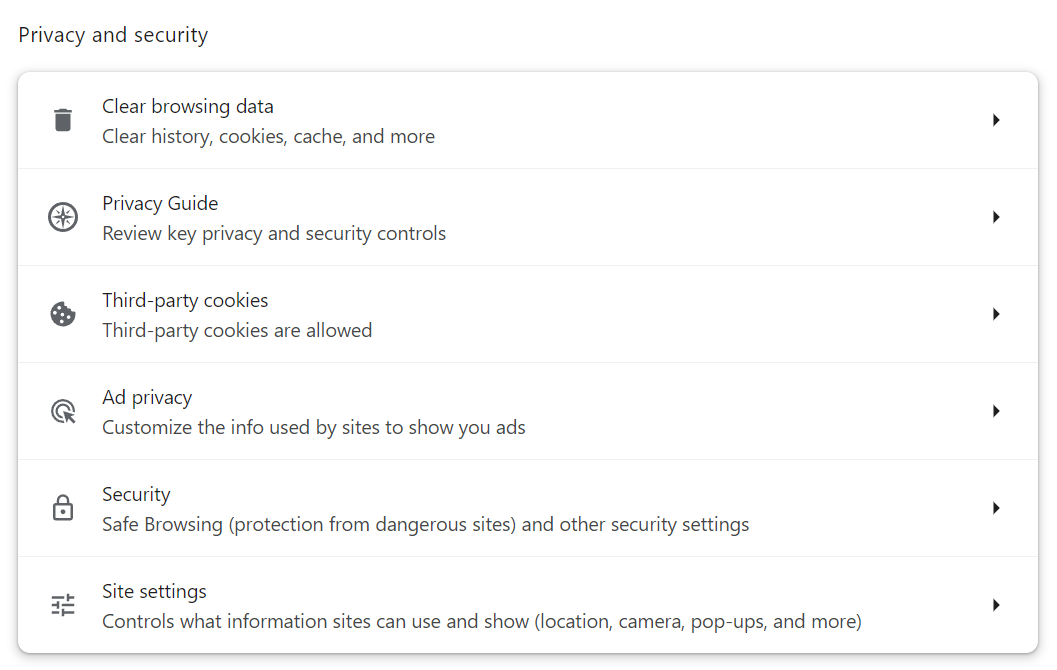
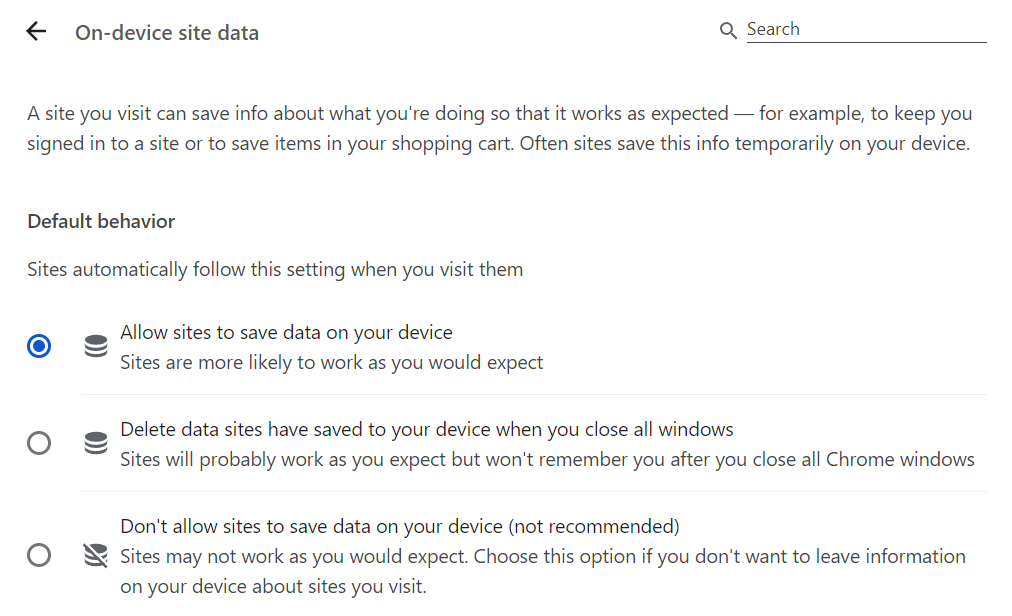
And that’s it! Chrome should now keep you logged in to your accounts and websites when you close and reopen the browser.
I also have a couple of extra tips:
- Make sure you’re not clearing cookies and site data from Chrome’s settings or extensions. This can also log you out.
- If the issue persists, try clearing Chrome’s cache and cookies, then log back into your accounts.
- Let websites use cookies on your device. To do this, go to Settings > Third-party cookies > Allow third-party cookies.
- You can also go to Settings > You and Google > Sync and Google services > and enable “Allow Chrome sign-in,” if disabled.
Staying logged in makes Chrome much more convenient to use. With this quick settings change, you can stop those constant log-in prompts for good. After reading comments on several different posts about the problem on Reddit and the Google support forums, it seems this method works like a charm. In fact, I ran a quick test to see if this actually helps on my own Chrome browser. Here’s what I noticed.
I’m signed into two accounts on the browser, like many others who notice the problem. The option to “Allow sites to save data on your device” was enabled by default. I set this to “Don’t allow sites to save data on your device” to begin the test. I then cleared the cache and cookies from the browser and restarted Chrome. I signed into my accounts again and then closed the browser. When I launched Chrome again, I noticed that my work account was prompting me to sign in again.
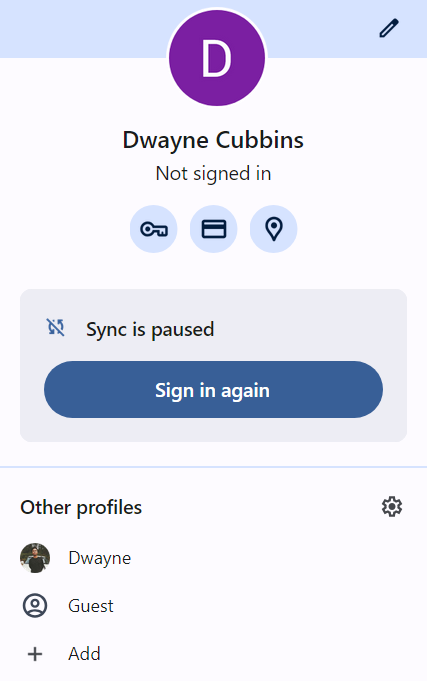
After following the recommended steps above and signing into my work account again, Chrome didn’t sign me off at all. So I’m confident the steps above should help you fix the problem too. Just remember that other settings might also impact your success here. So if you’ve been playing around with Chrome’s settings and don’t remember what all you tweaked, I’d suggest resetting all settings and trying again. To reset your settings, visit chrome://settings/reset and click the “Restore settings to their original defaults” option.
That’s it from my side. If you found this article useful, consider dropping a like. In case the above-mentioned steps didn’t help solve the problem, do let me know.
TechIssuesToday primarily focuses on publishing 'breaking' or 'exclusive' tech news. This means, we are usually the first news website on the whole Internet to highlight the topics we cover daily. So far, our stories have been picked up by many mainstream technology publications like The Verge, Macrumors, Forbes, etc. To know more, head here.


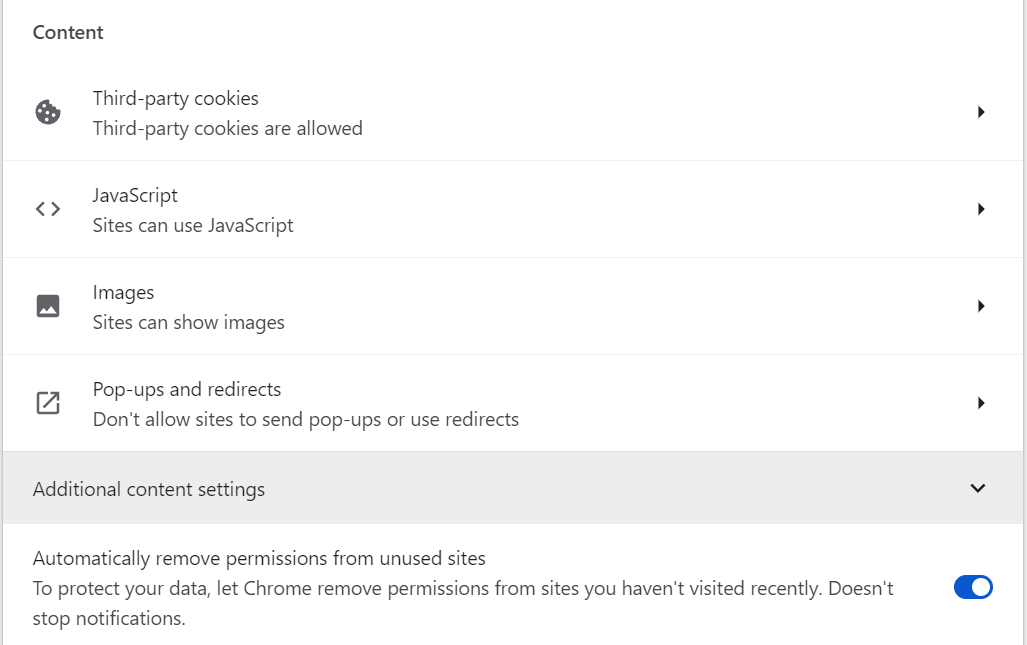
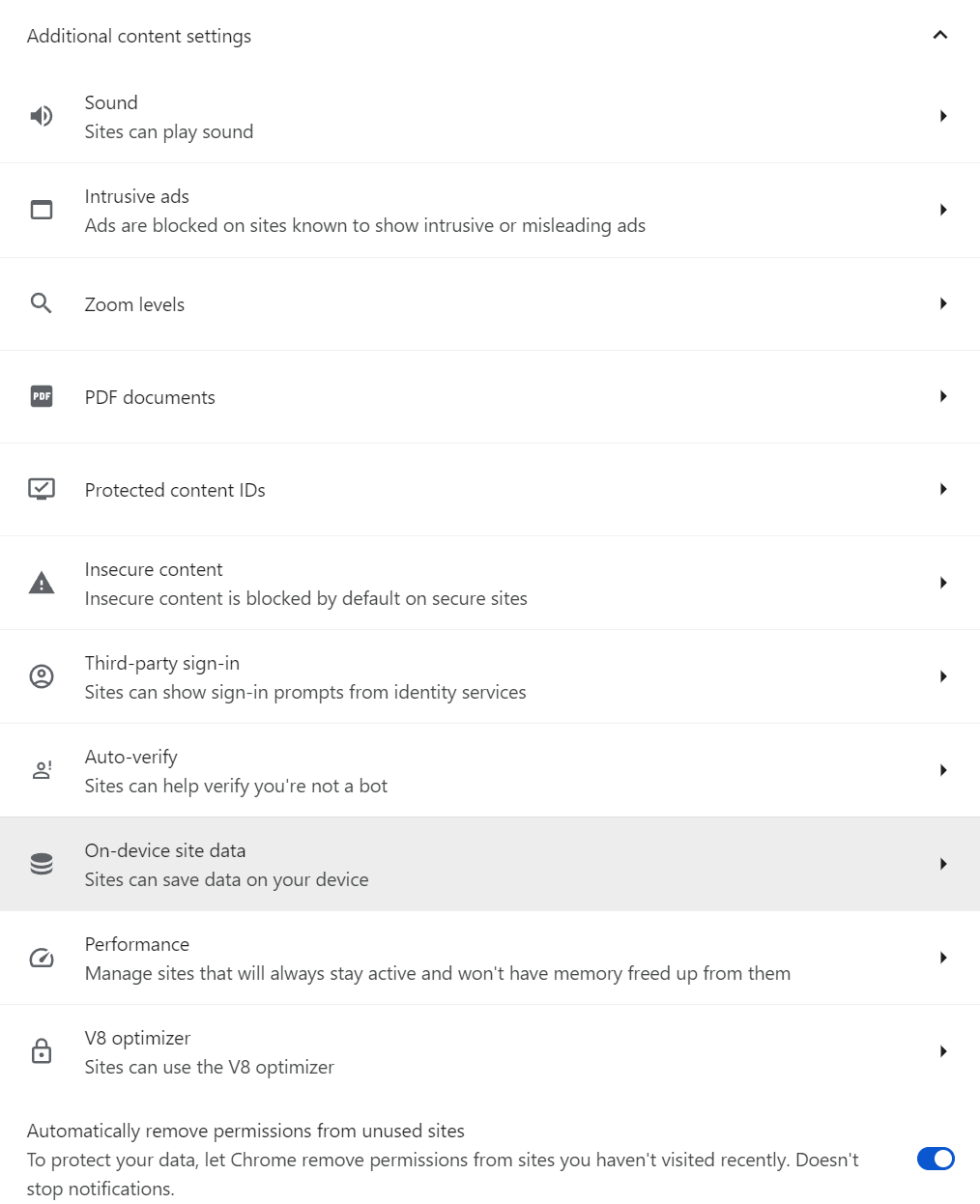

iiTRiX28-08-2024
omg thank you so much thank you thank you thank you I've been struggling for A WHOLE YEAR because of this thank you
Reply